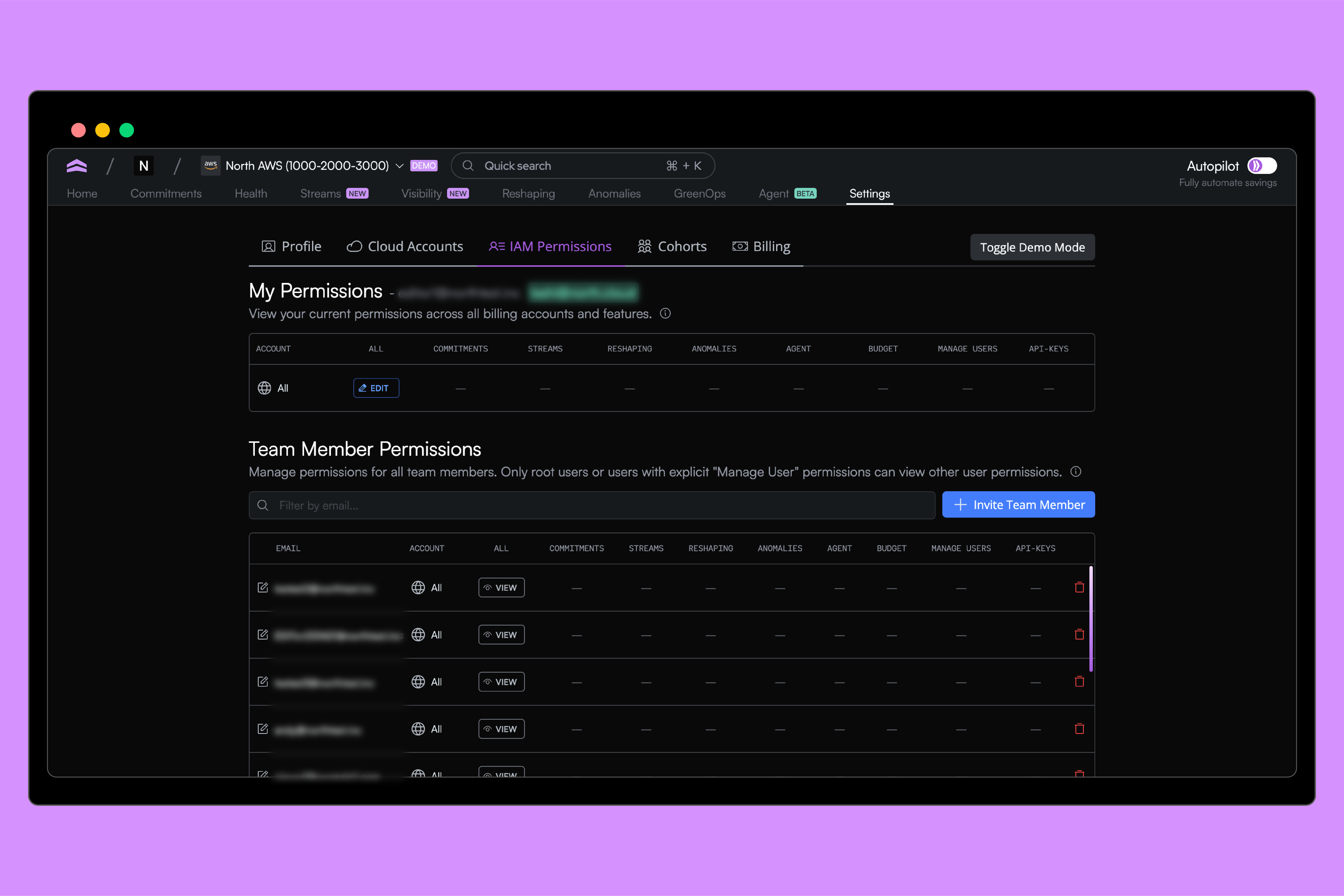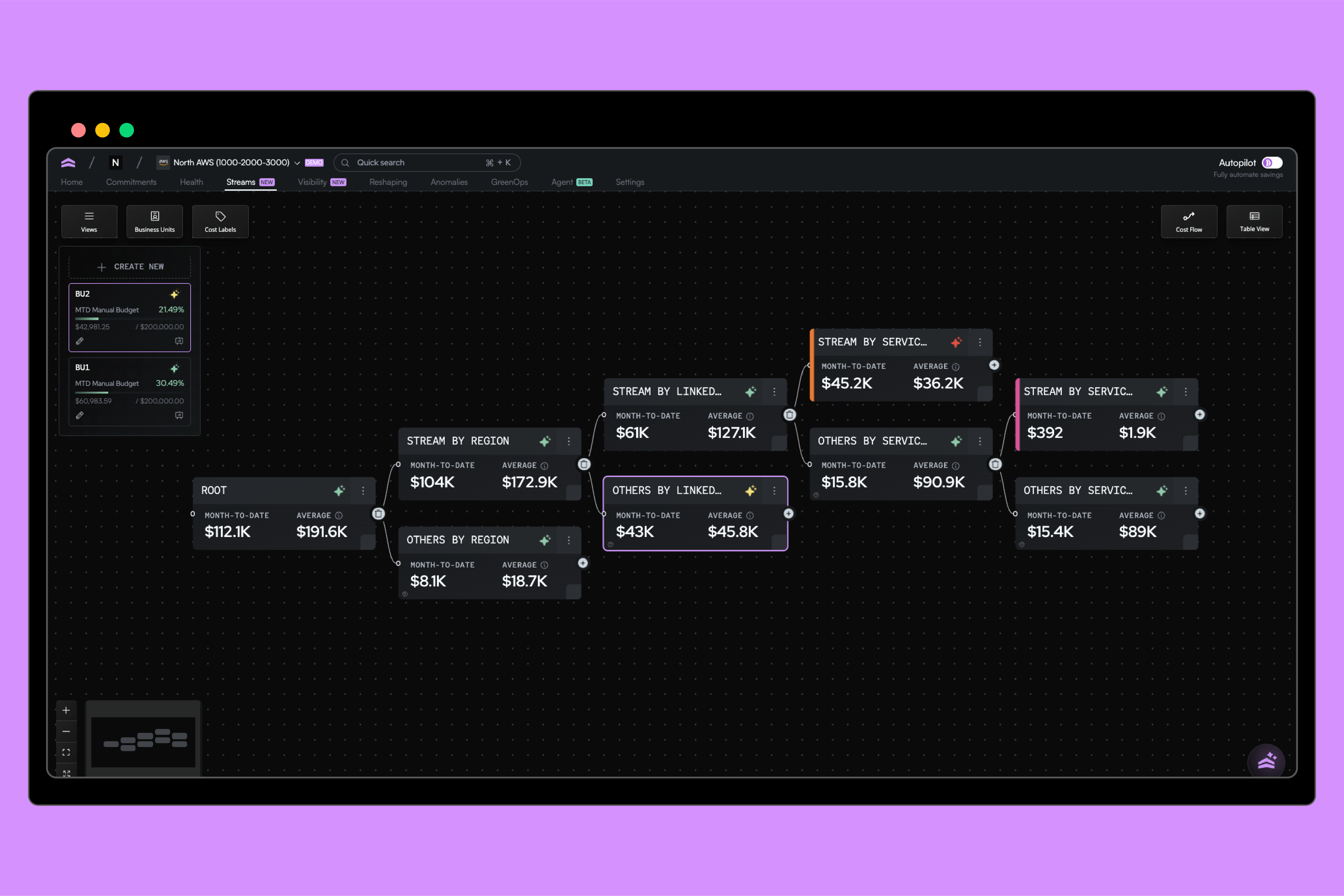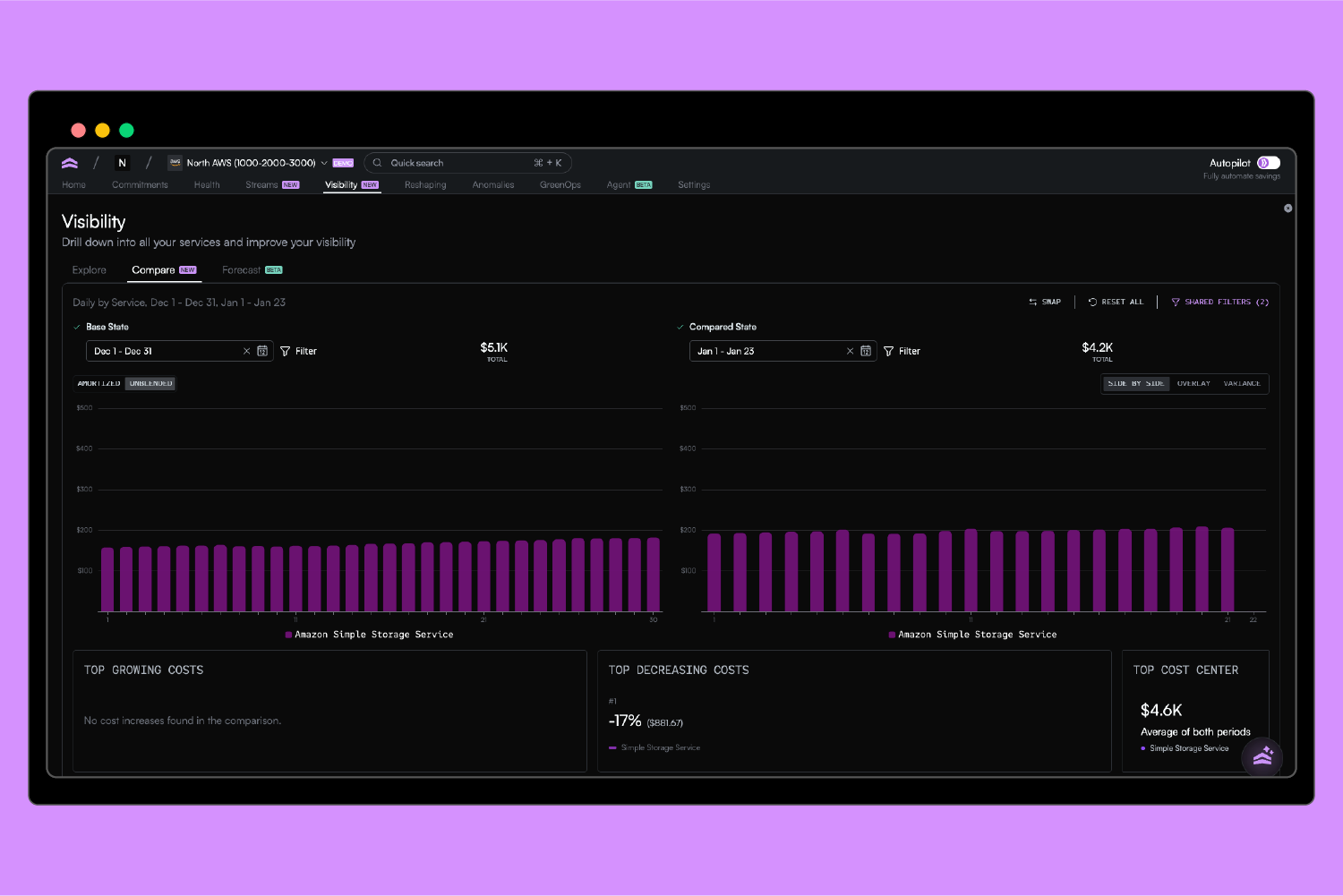My thoughts on FinOps focused AWS Announcements (before re:Invent)
A lot of announcements were made before AWS reInvent, let's go over the FinOps ones.

It feels like we’re entering a pivotal phase in the cloud era. Cloud providers across the board are pushing towards greater standardization in billing data schemas—FOCUS being a notable example. AWS is revising reseller terms and services, GCP is introducing optional extensions for CUD purchases, and Azure is rolling out its version of Savings Plans. These moves collectively signal a shift towards cost-consciousness. Cloud users today aren’t just seeking flexibility; they’re demanding the tools and strategies to minimize expenses.
Given the current economic uncertainty, market instability, and the global outlook, this focus on cost efficiency is not surpising—and honestly, I don't blame them. AWS, in particular, seems to be paying close attention and responding fairly quickly.
Below is a curated list of the latest AWS announcements ahead of re:Invent that I believe highlights changes that will positively impact FinOps practices and, most importantly, benefit our customers:
- Improved EC2 Autoscaling. Scaling of EC2 based on sub-minute CloudWatch metrics, should improve performance and cost. This ultra-dynamic feature will be extremely helpful for applications that deal with high volatile usage, such as API server or surges (mostly likely during holidays for B2C companies). If this is not applicable, North still offers reshaping suggestions for existing Autoscaling groups to help you adjust your baseline, minimum, and maxim scaling configuration. Available for Premier customers, more on the feature here-> https://app.north.cloud/reshaping
Announcements link.
- General availability of AWS Resource Explorer. It’s an all-in one search engine for all your resources across your AWS accounts. Makes it easier to search all existing resources and query based on different parameters, for example looking at all untagged resources. This is a small improvement, potentially helpful for large engineering teams that are siloed and develop in concurrent organizations or AWS accounts.
Announcement link.
- Introduction to On-Demand Capacity Reservations- this has nothing to do with on-demand versus reserved instance discount pricing. This is a on-demand dedicated compute space. If you are expecting scheduled load increases, scheduling ML runs, or want to dedicate some on-demand usage space because of compliance, this feature will make it easier to do so during EC2 instance launches. We are pretty confident that our flexible reserved instance coverage is a cheaper way to sustain dedicated loads of usage, however, this allows assured space for applications that only want to run on-demand. More here.
- Announcement of Savings Plans Analyzer. UI improvement that will allow users to view recommended savings plans based on their usage with what seems like layering of savings plans for a mix of 1 and 3 year SP commitments. We welcome this change with open arms, making it easier for current customers to benchmark our current savings plans recommendation. Don’t be surprised if AWS only recommends 1-year SPs when we are able to deliver 3-year SPs to you with the best flexibility on the market. More here.
- Not a FinOps improvement, but we know that many of our customers use OpenSearch. OpenSearch now supports AWS Lambda for custom data transformation, potentially making it an even more viable service than before. Link here.
- General availability of AWS User notifications. A centralized channel to direct alarm and health notifications to multiple types of messaging platforms (email, teams, slack, ect..). At North we traditionally received notifications through emails and CloudWatch dashboards, but we are moving toward direct slack notifications. This new feature should make our development much easier and we believe that a healthy FinOps practice means, healthy DevOps alerting practice as well. Current and future customers, ff this is a feature that you would like included within dedicated slack channel, please let us know. More here.
- Pretty cool announcement here! EC2 fleet and autoscaling will now have a new attribute called “CPU-Performance” which will allow users to select the desired number of vCPU cores required for their applications and allow AWS to recommend and dynamically change instance types to improve performance and availability. For example if you are running Spot Instances for a specific instance type, which may be in high demand, instead of waiting for the cost per hour to drop you can be using another instance type that might be cheaper and currently available. AWS is leveraging their fleet volumes to their advantage, and remove the decision making aspect of picking instance type, and basing it solely on what most developers truly care about -CPU usage. This is available for Autoscaling and EC2 fleet.
- S3 Express One Zone, introduced last year, now supports S3 lifecycle expirations. We have seen some customers move to this class of S3 to reduce their cost. Adding the lifecycle feature will reduce manual efforts. More here.
- Fun one here-> Custom domain names made easier for API Gateway.
- Better CloudTrail visibility. If you care about security and logs, this is a good improvement to CloudTrail. One dashboard with all data aggregated and ability to get cross-account data into one data store.
- You want an even more reliable ECS scaling, there you go. AWS is introducing their own ML to proactively scale ECS during surges, which should reduce the cost of over-provisioning costs. A win for FinOps practitioners all around. More here.
- AWS Compute Optimizer delivering idle resource visibility and better Aurora rightsizing recommendations. This will greatly reduce unnecessary costs from zombie servers. Stay tuned for these new changes to be reflected on your North app.
If you are not a current customer, you can view the available savings we can offer with no-commitments, read only permissions, and a 2-minute set up. Get started now.
Book a demo
Get started in as little as 5 minutes with no long-term contracts or lock-ins. Pay month-to-month and stay flexible.
Make your cloud work smarter today
Get started in as little as 5 minutes with no long-term contracts or lock-ins. Pay month-to-month and stay flexible.









